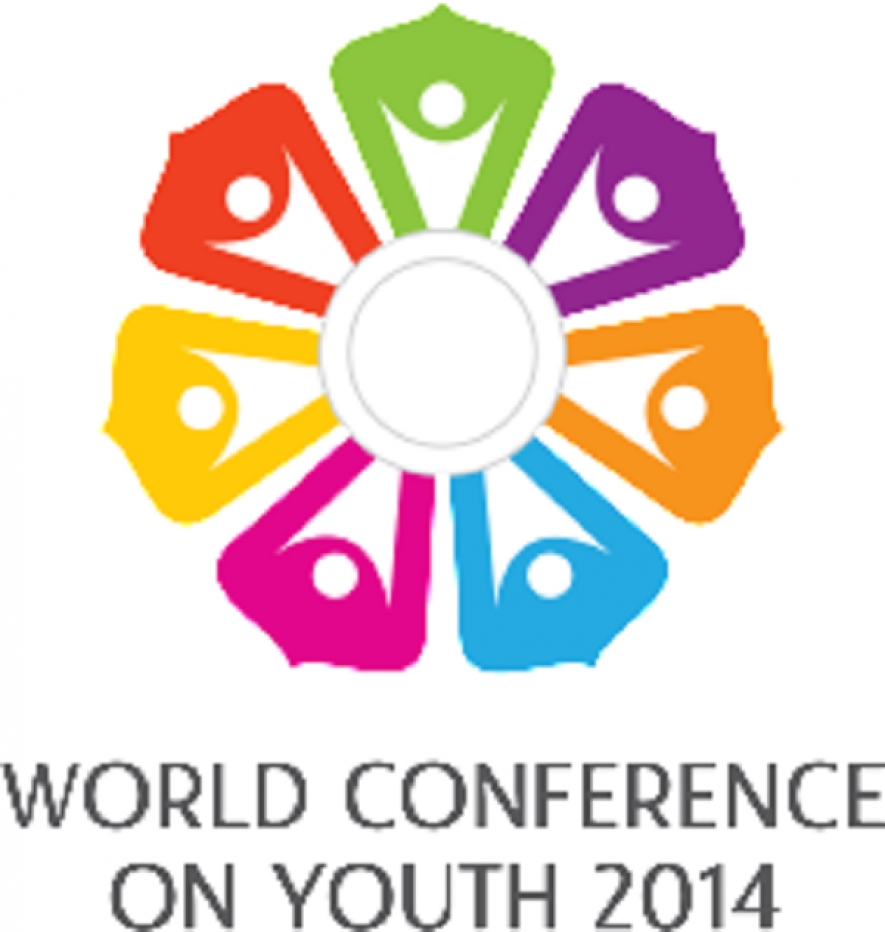What are the rights of youth and are they rights of the individual or rights of the state? These were some of the issues deliberated by a roomful of the world’s youth at the World Conference on Youth (WCY) 2014 Wednesday morning. The participants from diverse geographical regions and cultures expressed candid opinions as they sought to make use of the unique opportunity to shape the future of the world and its development beyond 2015.
Employment, education and equal rights came into focus as youth from across the globe shared their views on the most important issues in their countries as the five-day Conference of youth discussed the rights of youth.
Addressing the participants were Serbia’s Assistant Minister for Youth and Sports Ms. Snezana Klasnja, Vice President of the Pan African Youth Union Mr. Andy Roland Nziengui and Mr. Wasantha Senanayake, one of the youngest members of Sri Lanka’s Parliament.
Mr. Senanayake questioned whether individuals had the right to choose one’s sexuality or sexual orientation. He asked the audience to consider whether this was an individual right or the right of the state. He also pointed out the paucity of sex education in Sri Lanka and stressed the need for greater focus on contraception, unplanned pregnancies around the world and female genital mutilation in Africa. Mr. Senanayake pointed out that 80 countries criminalized homosexuality while in eight countries homosexuals faced capital punishment.
The session, which was moderated by National Director of Sri Lanka Unites Mr. M. Ramzi Zain Deen, was further divided into three separate discussions for a more in-depth examination of youth rights and how the participants perceived them in their local context. The cosmopolitan audience, which included a strong contingent from Sri Lanka, became quite vocal as they freely expressed their opinions of how issues both local and global affecting the youth in particular and the world in general should be addressed in the post-2015 era.
Voices from Sri Lanka were heard saying that the youth need to be given more independence; that education needs to be more diverse and job oriented unlike the current system which was described as a Victorian inheritance; that restrictions on the rights of youth, particularly in the rural areas where marriage by tradition has to be within the caste, should be removed.
Others from around the world wanted attention drawn to violence against women in universities and jobs, inadequate health facilities impacting on women’s health, and better facilities and care for those with special needs. A voice from southern Europe called for greater attention to refugees from Africa who she said were drowning every week, while another pointed out that young people have insufficient information on sexual rights and also called for more attention on HIV Aids.
A recurring issue that was voiced by several participants was for greater focus on employment for youth as in some countries they were denied many benefits, including housing, for lack of employment.




















